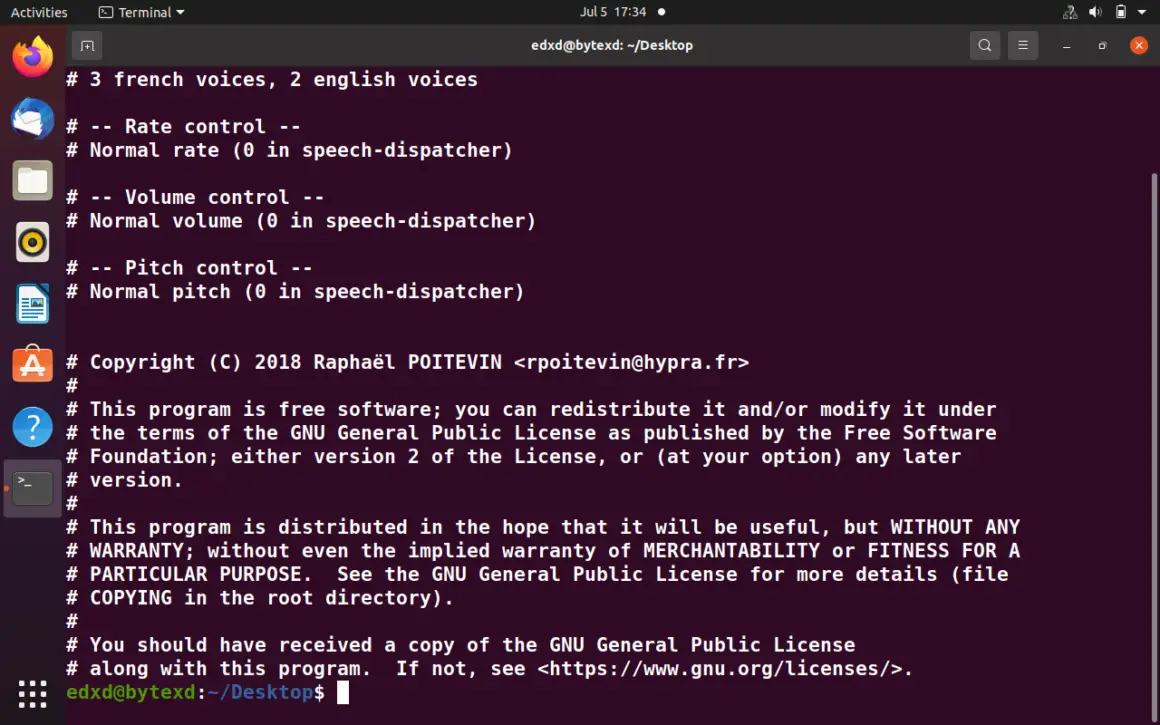

#R grep examples first comma code#
Note: The original code of these examples comes from other people that replied to a question that I recently asked at the Stack Overflow forum.
#R grep examples first comma how to#
In the following tutorial, I’m therefore going to show you in five examples how to replace the last comma of a character with the & sign in the R programming language. However, in R this might be challenging, since it might be difficult to grab only the last comma of your string. The stringr package provides a set of internally consistent tools for working with character strings. The last comma of such enumerations should usually be replaced by the word and or by the & sign. Replace the first matched pattern in each.

I have a file of IP and every line have two or three comma separated IP like. \\1 refers to string matched by the first capture group (.+), which is any character one or more times. How to grep line which contains two commas. (ot <- sub('b-e', '.', txt)) txtot gsub('b-e', '.', txt) - gsub does 'global' substitution txtgsub('g', '', txt) gsub('g', '', txt, ignore.case TRUE) the 'G' words regexpr('en', txt) gregexpr('e', txt) Using grepl() for filtering Find functions with argument names matching 'warn': findArgs <- function (env, pattern. We can also use a back reference with sub. This includes any non-word characters: library (stringr) strextract (test, '\\b\\w+') 1 'Pomme' 'Poire' 'Fraise'. grepl ('primary, :space:pupils', dfsomecolumn,ignore.caseTRUE) The pattern will match: primary, - a liteal substring (case insensitive mode is ON due to ignore.caseTRUE argument) :space: - 0 or more whitespaces. The option -m1 in the second grep doesn’t help. This doesn’t works if the if clause is larger than 9 and if several if clauses are in the same file and if the first grep command contains several if clauses.

“Ball, Animal, Beer, Pig, Wagon, Balloon, Hero” \\b is a zero-length token that matches a word-boundary. I can do this with grep -A9 if myfile grep -B9 endif. If you are working with text data, you will often have a list or enumeration of words that is separated by commas, e.g.: R Replace Last Comma in Character with &-Sign (5 Examples)


 0 kommentar(er)
0 kommentar(er)
